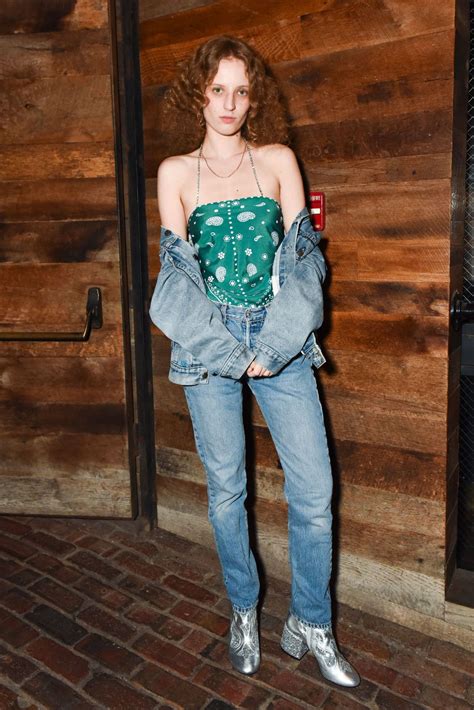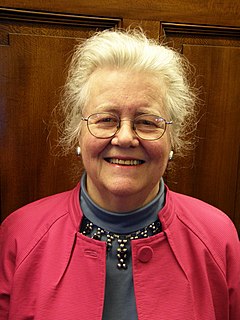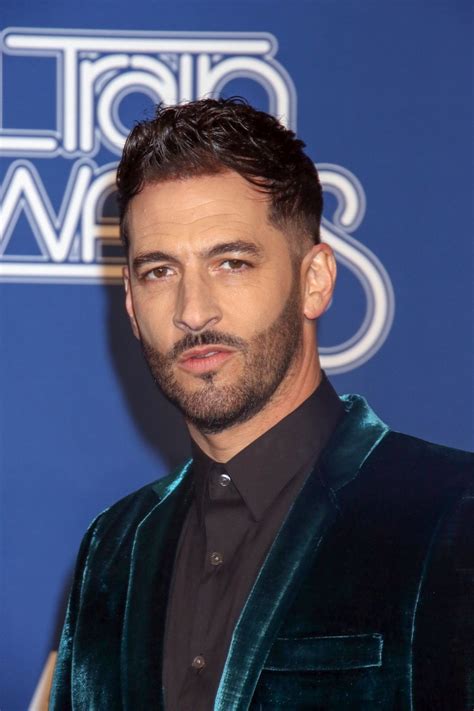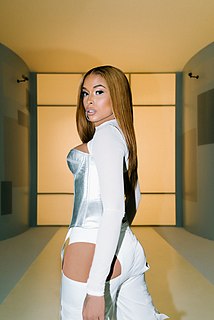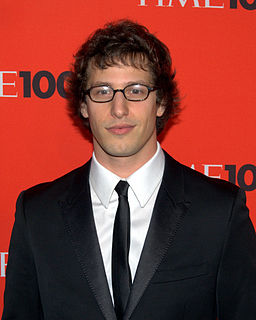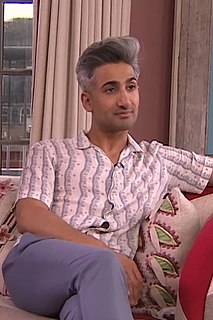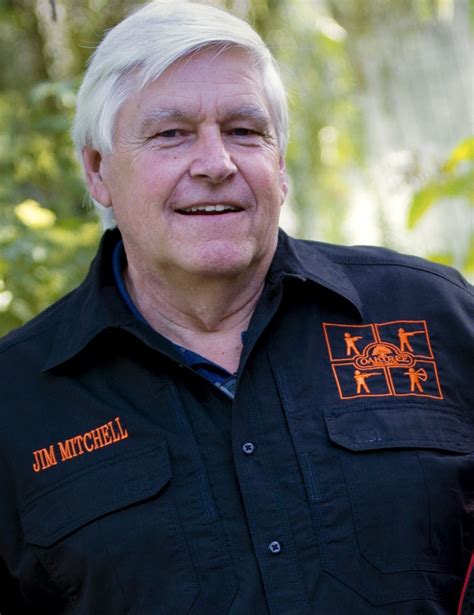A Quote by Petra Collins
I think being collaborative is definitely more natural for people who are minorities in any sense - so people who aren't, like, white male artists - because we don't have the privilege to create art and work alone, usually.
Related Quotes
There is a privilege in American society to being male and being white, and I think it's hard for white males to understand that privilege, because we've never experienced the opposite. When I sought out mentors to try to move forward, there were white males in virtually every position from which I was seeking mentorship. There was a natural simpatico or natural comfort. And so if you believe that's true, and I believe it's true, then we have to change that. We have to try to equalize opportunity and privilege.
All power within the microcosm of my world was held and wielded by people who look like me. Plus, I think Nigerians all have this sense that they are better than everyone, including white people. So I have the privilege of a certain distance. It may just be that. So in a sense, I can't claim that as any ability that I have, simply a matter of circumstance.
People act like art is a white thing - or not for people of colour - when, really, so much culture and art comes from people of colour. I want everyone to get into what I am doing. So sometimes I don't like to work just in an art context because it feels like a lot of people aren't going to see it. I like it to be a part of everyday life.
I read something in the paper that really confused me the other day. It said that 80 percent of the people in New York are minorities. Shouldn't you not call them minorities when they get to be 80 percent of the population? That's a very white attitude, don't you think? I mean, you could take a white guy to Africa and he'd be like 'Look at all the minorities around here! I'm the only majority.'
When I was younger, definitely getting people to listen to me and believe in me. I think it's hard when you're a young girl in a record label full of male urban artists, which is definitely what Atlantic Records was and still is. Also, getting people to trust a young, female pop star that doesn't just want to be puppeteered was definitely a challenge for me.
